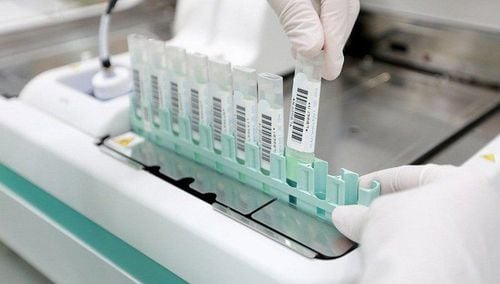This is an automatically translated article.
The article is written by MSc, Doctor Nguyen Van Khanh, Laboratory Department - Vinmec Times City International Hospital
Gene tests analyze the cancer sample to see how the genes are working. The level of activity of these genes influences cancer behavior, including the cancer's ability to grow and metastasize. Gene tests are used to decide if post-operative treatments would be beneficial. This helps predict the likelihood of recurrence of early-stage breast cancer.
The Oncotype DX test is a test that analyzes genes to predict the likelihood of a cancer coming back and how likely the cancer will respond to treatment. The Oncotype DX test is used in the following two situations:
To help doctors predict the recurrence risk of estrogen receptor-positive early breast cancer as well as to help doctors predict predict the response of cancer to chemotherapy after surgery. To help clinicians predict a patient's risk of recurrence with ductal carcinoma in situ and/or predict the risk of invasive cancer developing on the ipsilateral breast, as well as response to radiation therapy after surgery for ductal carcinoma in situ.
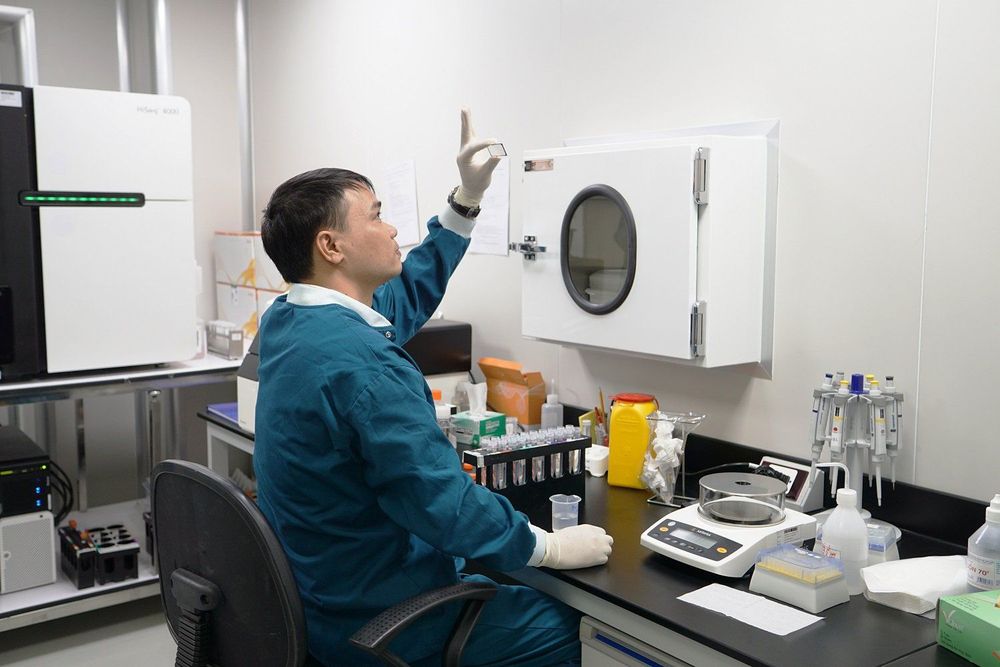
Oncotype DX is the most studied gene test.
The results of the Oncotype DX test combined with other characteristics of the cancer can help you make more informed decisions about chemotherapy treatment for patients with early breast cancer with hormone receptors positive or not? Or is there radiation therapy for patients with ductal carcinoma in situ?
1.What is genetic testing? Gene tests analyze the cancer sample to see how the genes are working. The level of activity of these genes influences cancer behaviour, including how well the cancer grows and metastasizes. Are genetic tests used to decide if post-operative treatments are beneficial?
2.Who is the right person to do the Oncotype DX test? You may be indicated for the Oncotype DX test if:
You have been recently diagnosed with stage I or II invasive breast cancer The cancer is estrogen receptor positive Cancer has not metastasized to the lymph nodes (cancer) lymph node-negative breast cancer) You and your doctor are deciding about chemotherapy. Women with early stage (stage I or II), estrogen-positive breast cancer that have not metastasized to the lymph nodes are considered at low risk of recurrence. After surgery, endocrine therapies such as aromatase inhibitors or tamoxifen are indicated to reduce future cancer recurrence. In such cases, the physician and the patient are uncertain whether further chemotherapy should be given.
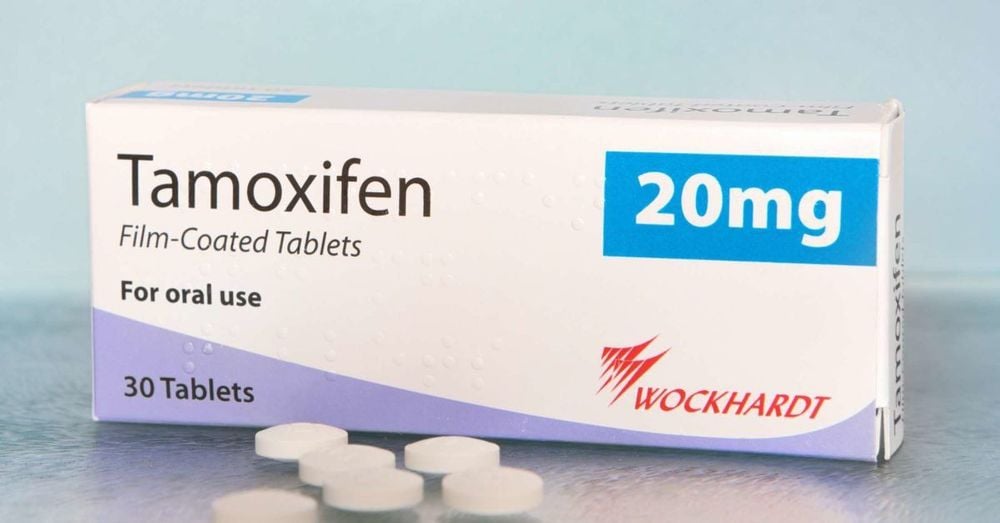
If you've been diagnosed with estrogen receptor-positive, early-stage breast cancer, the Oncotype DX test can help you and your doctor decide whether more chemotherapy is needed. (Some studies also suggest that the tests may help decide on chemotherapy in postmenopausal women with estrogen receptor-positive breast cancer that has spread to the lymph nodes. your doctor if you are in this group).
You may also be offered an Oncotype DX test if:
You have been newly diagnosed with ductal carcinoma in situ (DCIS) You have had breast surgery to remove DCIS Tubular carcinoma in situ is this type. The most common type of non-invasive breast cancer. Ductal carcinoma in situ is usually treated with surgery (mammary-conserving resection is the most commonly used method). After surgery, if the cancer is positive for estrogen receptors, the patient is recommended to continue with hormone therapy. Some patients received radiation therapy. Doctors often aren't sure if radiation therapy will help.
If you are diagnosed with ductal carcinoma in situ, the Oncotype DX test can help you and your doctor make a more informed decision about whether you need further radiation therapy.
3. How is Oncotype testing done? The Oncotype DX test analyzes the activity of 21 genes, which are known to influence cancer growth and response to treatment.
Analysis of 21 genes can provide information:
Chances of breast cancer recurrence Are you likely to get the benefit of chemotherapy if you are being treated for ductal carcinoma in situ.
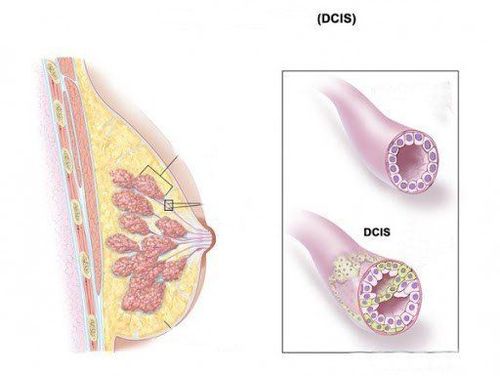
Therefore, the Oncotype DX test is both a prognostic test because it provides a lot of information about the likelihood of breast cancer returning, and a predictive test because it predicts response to treatment chemotherapy or radiation therapy. Studies have shown Oncotype DX to be useful for these two purposes.
Oncotype DX test results provide a recurrence index – a number between 0 and 100 – for early breast cancer or ductal carcinoma in situ. Based on your age, you and your doctor may use the ranges below to interpret your results for early invasive cancer.
For women over 50:
Recurrence index (Oncotype DX score) from 0 to 25: cancer has a low risk of recurrence. The benefits of chemotherapy may not outweigh the risks of side effects. Recurrence index (Oncotype DX score) between 26 and 100: cancer has a high risk of recurrence. The benefits of chemotherapy are likely to outweigh the risks of side effects. For women 50 years or younger:
Recurrence index (Oncotype DX score) between 0 and 15: cancer has a low risk of recurrence. The benefits of chemotherapy may not outweigh the risks of side effects. Recurrence index (Oncotype DX score) of 16 to 20: low to moderate risk cancer. The benefits of chemotherapy may not outweigh the risks of side effects. Recurrence index (Oncotype DX score) between 21 and 25: cancer has an intermediate risk of recurrence. The benefits of chemotherapy are likely to outweigh the risks of side effects. Recurrence index (Oncotype DX score) between 26 and 100: cancer has a high risk of recurrence. The benefits of chemotherapy are likely to outweigh the risks of side effects. Oncotype index for ductal carcinoma in situ, 12 gene activity analysis. You and your doctor can use the following ranges to interpret your ductal carcinoma in situ results:
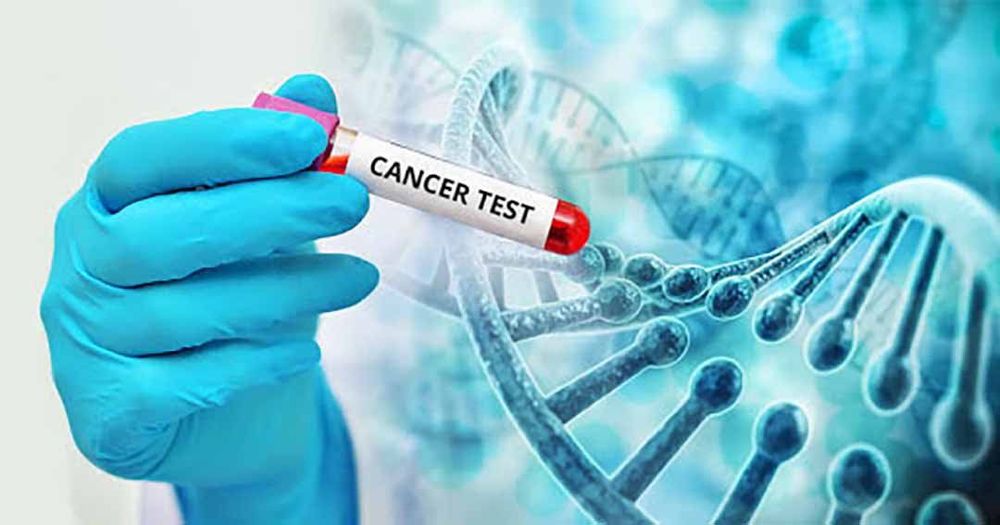
Recurrence index less than 39: ductal carcinoma in situ has a low risk of recurrence. The benefit of radiation therapy is likely to be small and does not outweigh the risk of side effects from radiation. Recurrence index 39 to 54: ductal carcinoma in situ has a moderate risk of recurrence. It is not clear whether the benefits of radiation therapy outweigh the risk of side effects from radiation therapy. Recurrence index greater than 54: ductal carcinoma in situ has a high risk of recurrence. The benefits of radiation therapy likely outweigh the risks of side effects from radiation therapy. Currently, the Oncotype DX test has not been performed at Vinmec and other hospitals in Vietnam as well as in Southeast Asian countries.
Please dial HOTLINE for more information or register for an appointment HERE. Download MyVinmec app to make appointments faster and to manage your bookings easily.
References: breastcancer.org





